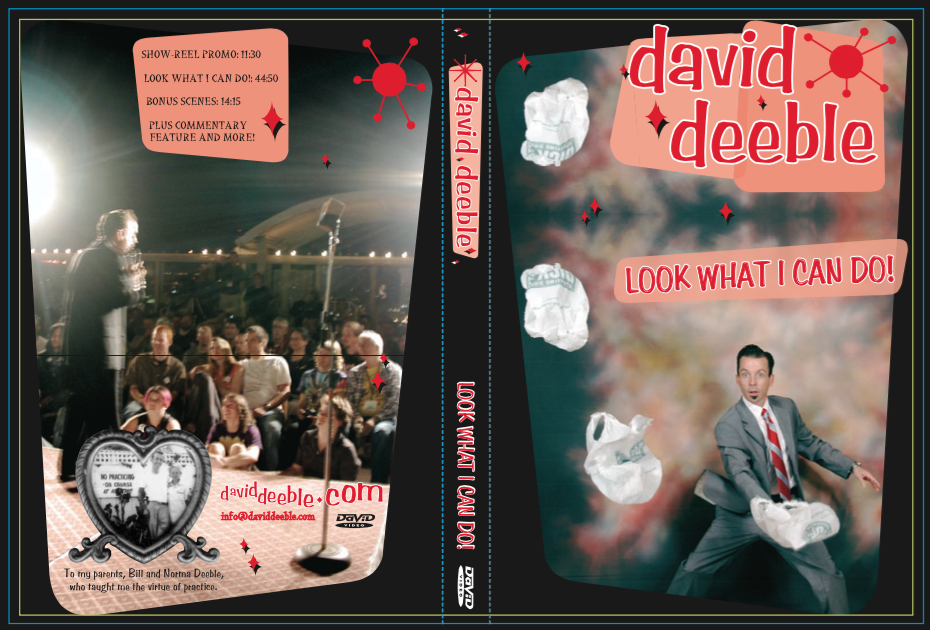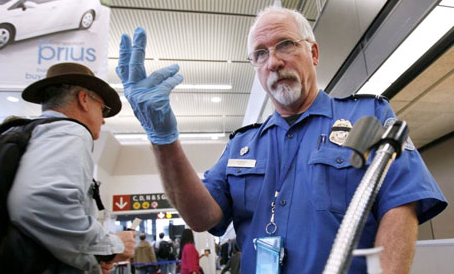
If you have children you know that they can sometimes be unflattering reflections of yourself.
“Put your pants on, Luke”, I often tell my 6-year old son, adding “Put down your Transformer and put your pants on”.
“Put your shoes on, Luke”, then “Set down your biscotti and put your shoes on.”
Oftentimes I have to explain to myself what I explain to Lucas: you save time by doing one thing at a time.
For children, of course, saving time isn’t a priority because it’s one thing they have in abundance. For adults, though, this tendency to do more than one thing at a time is a result of run-of-the-mill perfectionism.
I call it “run-of-the-mill” perfectionism because many of us think perfectionism is an attribute solely of artists or surgeons. Worse, many of us think of perfectionism as a positive thing, spurring us to higher and higher levels of achievement.
Real perfectionists know that the most-common side-effect is difficulty getting anything done. Those truly in thrall to perfectionism try to do everything at once because, well, what’s the point of trying to do one thing at a time when perfection is always beyond reach?
Blogs, as a medium, have helped me to see that if you take something seriously, doing it consistently is infinitely more important than doing it perfectly. But only by doing it consistently was I able to learn this.
Even on the most popular blogs, after all, it isn’t unusual to find misspellings, grammatical mistakes, etc. We readers don’t interpret such mistakes as failures as such. Blogging has evolved into a conversational medium, where the most successful ones tend to be personal, helpful and free, none of which requires that every i be dotted and every t crossed.
What does this mean for you? It means that people – readers, audiences, bosses – respond to openness and authenticity more than to perfection and panache. (I learned this the hard way).
It means that if you’re intimidated by the prospect of writing book, commit to writing three books. Instead of updating your resumè, consider replacing altogether with your story. What do you wish to accomplish? What have you started? Captaining your high school chess club is pretty cool.. Founding your high school chess club is even cooler and tells us something about you. (This is great advice to give your children, by the way. If your child’s school has no German club, encourage him to start one and help him every step of the way. Imagine how transformative it is to be reminded of your power – even as a child – to start things).
So take a chance and start something, finish it and send out it out into the world. If you can do that, you’re ahead of the vast majority of others who wish they had the courage to do the same but substitute it with the unfulfilling rewards of anonymity.
Will your thing fail to set the world on fire? Probably. But you’ll learn firsthand that you had much less to fear than you thought.
But what if everyone hates it? That’s the perfectionist in you again, telling you, in effect, that you’ve got one shot and that it has to be perfect. But you don’t have one shot: you have a new shot everyday. In fact, each moment provides you with an endless supply of new opportunities to say “Let’s see what happens”.
When you fail, tell yourself “Well, at least I got that out of the way”. You’ll find that your inner-perfectionist, for once, has nothing to say.
So use both your hands, pull up your pants and see what happens.
Did this blog suck? Let me know in the comment section below and I promise you, there will be a lot more.
Return to www.daviDDeeble.com or watch me fail on stage in front of hundreds of people.












